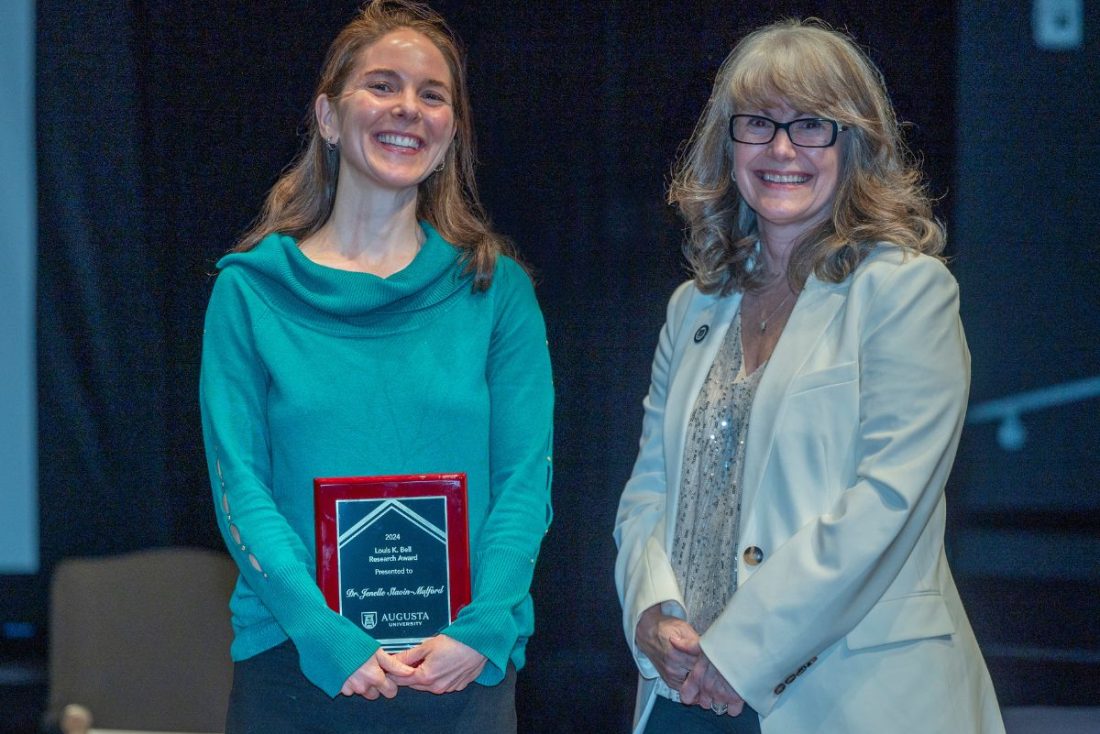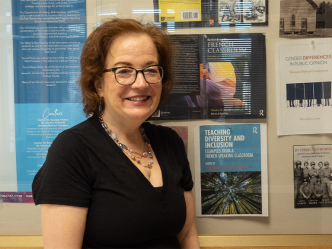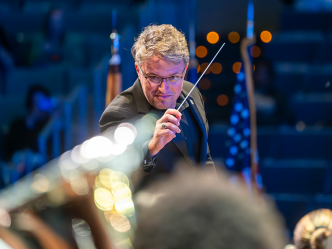Louis K. Bell Research Award
Jenelle Slavin-Mulford, PhD, licensed psychologist and professor in the Department of Psychological Sciences in the Pamplin College of Arts, Humanities, and Social Sciences, has witnessed the good and the bad of humanity.
While in college, Slavin-Mulford traveled to Chile and worked with a newspaper there to document the stories of those who had been tortured during the Augusto Pinochet dictatorship. What she experienced led to her initial interest in clinical psychology.
“During this experience, I was overwhelmed not only by the depths of horror individuals can inflict upon one another, but also the depths of love and goodness to be found in people coming together in the worst of times,” she said.
With an initial interest in the legal side of psychology, Slavin-Mulford worked after college investigating police brutality in New York City, bringing her to the realization that she was more interested in understanding and helping people. The Knoxville, Tennessee, native pursued her PhD in clinical psychology from the Derner Institute of Advanced Psychological Studies at Adelphi University in New York, graduating in 2011.
In 2012, following post-doctoral work at Massachusetts General Hospital/Harvard Medical School, Slavin-Mulford became a licensed clinical psychologist and joined Augusta University in Pamplin’s Department of Psychological Sciences that fall.
During her nearly 12-year tenure at Augusta University, Slavin-Mulford has become one of the leading experts on the Social Cognition and Object Relations Scale-Global Rating Method (SCORS-G), a clinician-rated measure that assesses cognitive and affective processes that underlie interpersonal functioning. She and a colleague have been devoted to increasing the accessibility and clinical application of the SCORS-G on a regional, national and international level to clinicians in academic medical settings, university clinics and private practice.
In 2018, Slavin-Mulford co-authored a book on the method which standardizes procedures for collecting, scoring and interpreting, which was translated into Korean in 2021. It is currently considered the standard training for anyone wanting to use the SCORS-G and has been cited in almost every article published on the method since 2018. She also co-created a website to increase the measure’s accessibility (SCORS-G.com), which has had 3,500 unique visitors and more than 6,800 page views from 85 different countries in the last two years.
The 2024 winner of the Louis K. Bell Research Award works hard every day to ensure that her research aligns with AU’s mission of being a student-centered comprehensive research university.
“I love this job because I love the people. I really appreciate my students and colleagues for making this such a great place to work.”
Jenelle Slavin-Mulford, PhD
“The research that I have conducted with my students and colleagues is geared toward improving clinical care as it relates to psychological assessment and psychotherapy. It means a lot to know that our work has an impact both in terms of student growth through participation in the research as well as direct positive impact on psychological clinical care,” she said.
Over the last two years, Slavin-Mulford has had nine students earn authorship on at least one presentation or publication, and she has helped them attain internal funding to support their research efforts on these projects.
She hopes to continue to make an impact in students’ and patients’ lives through her teaching, mentorship, research and clinical work. She also wants to create an online version of one of the most widely utilized performance-based tasks in clinical care.
“Unlike self-report measures, performance-based tasks assess underlying aspects of personality through the evaluation and interpretation of a participant’s responses to ambiguous stimuli,” she said. “My specific work employs methodology to analyze the stories individuals tell.”
Slavin-Mulford loves the relationships she has with her students and colleagues and the ability to integrate clinical work, teaching and research.
“I love this job because I love the people,” she said. “I really appreciate my students and colleagues for making this such a great place to work.”
 Augusta University
Augusta University




